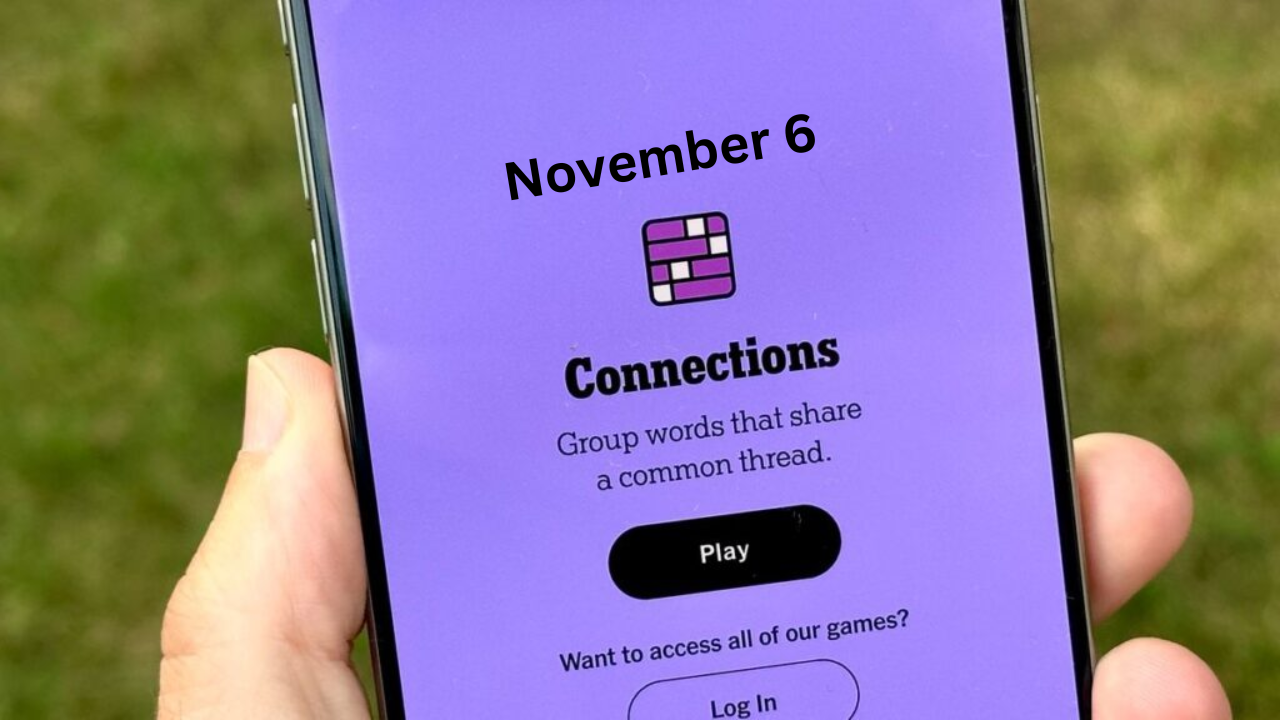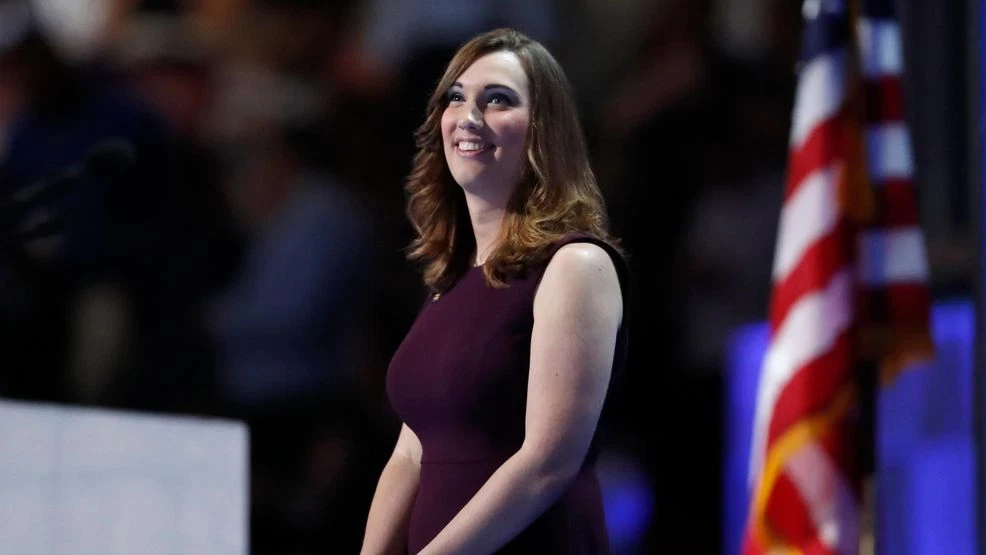By 2007, Florida had disenfranchised 950,000 citizens who had felony convictions – the vast majority of whom were Black, Latino and low-income people. In an unexpected move, Florida Republican Governor Charlie Crist changed his anti-felon position, to declare that the time had come for his state to leave the “offensive minority of states that uniformly denied ex-prisoners voting rights. On April 5, 2007, Governor Crist persuaded Florida’s clemency board to restore voting rights to about 800,000 former prisoners.
Â
At the height of the Civil Rights Movement, lawmakers who opposed African American voting rights desperately considered ways to remove large numbers of Blacks from their state’s electorates without appearing to violate their constitutional rights.
In the 1960s, many southern and some western states figured out how to accomplish this: to pass state constitutional provisions, or state laws, barring individuals convicted of a felony from voting for the remainder of their lives. Since African Americans were disproportionately prosecuted and convicted of felonies in most state courts, the loss of voting rights would hit Blacks hardest.
This racist scheme – using the criminal justice system not to “rehabilitate� prisoners, but to strip them of their democratic voting rights for life – was successful. In 1968, Florida barred ex-offenders from voting for life. By 2000, approximately 818,000 Florida residents who had prior felony convictions, but who were no longer incarcerated, were disenfranchised.
The vast majority of this disenfranchised population was African-American. None of these citizens ere permitted to vote in Florida’s contested 2000 presidential election, which George W. Bush narrowly “won� by only hundreds of votes.
In the past decade, social justice, prisoners’ rights and civil rights organizations have campaigned extensively for the repeat of these repressive disenfranchisement laws. From a criminology standpoint, they are counterproductive, because they retard the re-entry and reintegration of ex-prisoners back into civil society. Hundreds of judges and even district attorneys have publicly criticized “mandatory-minimum� sentencing laws, that have been responsible for sending hundreds of thousands of mostly non-violent offenders to long prison sentences, and to disenfranchisement.
As a result, a number of states that had disenfranchised ex-felons for life, such as Texas and Alabama, in recent years reformed their laws to restore voting rights to former prisoners.
By 2007, Florida had disenfranchised 950,000 citizens who had felony convictions – the vast majority of whom were Black, Latino and low-income people. In an unexpected move, Florida Republican Governor Charlie Crist changed his anti-felon position, to declare that the time had come for his state to leave the “offensive minority of states that uniformly denied ex-prisoners voting rights. `On April 5, 2007, Governor Crist persuaded Florida’s clemency board to restore voting rights to about 800,000 former prisoners.
Crist’s action was vigorously opposed by Florida Attorney General Bill McCollum, as well as by former governor Jeb Bush. Under the new rules, about 80 percent of the disenfranchised whose crimes were not classified as “violent� will automatically have heir voting rights restored, so long as they have paid any restitution to victims and have no pending criminal charges.
This measure will largely exclude about two hundred thousand people defined as “violent career criminals,� murderers and sexual offenders, who must submit to an investigation of their cases and a hearing before a clemency board. In practical terms, the vast majority of these former prisoners will never vote again. This raises a basic question about the “limits� of American democracy, and the danger in restricting the electoral franchise.
In every democracy throughout the world, except for most of the United States, everyone who is defined as a “citizen� has a right to vote. A “citizen� who has been convicted of any crime, including murder, remains a citizen, and thus retains his or her voting rights. In Maine and Vermont, for example, prisoner behind bars do vote. The other 48 states are not as democratic. In only a small numbers of states, including Massachusetts, Ohio, Pennsylvania, Indiana, Michigan, Illinois, Oregon, and Utah, felons regain the right to vote after leaving prison.
In states like New York and Colorado, former prisoners who are on parole and still under the jurisdiction of criminal justice authorities can’t vote. In a host of states, mostly in the south and far west, ex-felons who successfully complete years of parole are no longer excluded from voting.
And in Virginia and Kentucky, ex-prisoners are still barred from voting for life. Conservatively, there are now five million Americans who are out of prison, and who have “repaid their debt to society,� but who temporarily or permanently cannot vote.
Recent developments in Florida represent a major, although partial, victory for the forces of democracy. In practical political terms, Governor Crist’s decision adds pressure on states like Virginia and Kentucky that still refuse to reform their ex-felon voting restrictions.
Civil rights and prisoners’ rights advocates need to redouble their efforts now to overturn these legal remnants of the racist, Jim Crow segregation era.
Black Star News columnist Dr. Marable is Professor of Public Affairs, History and African-American Studies, and Director of the Center for Contemporary Black History at Columbia University.
To subscribe to or advertise in New York’s leading Pan African weekly investigative newspaper, please call (212) 481-7745 or send a note to [email protected]
Â
“Speaking Truth To Empower.�
















